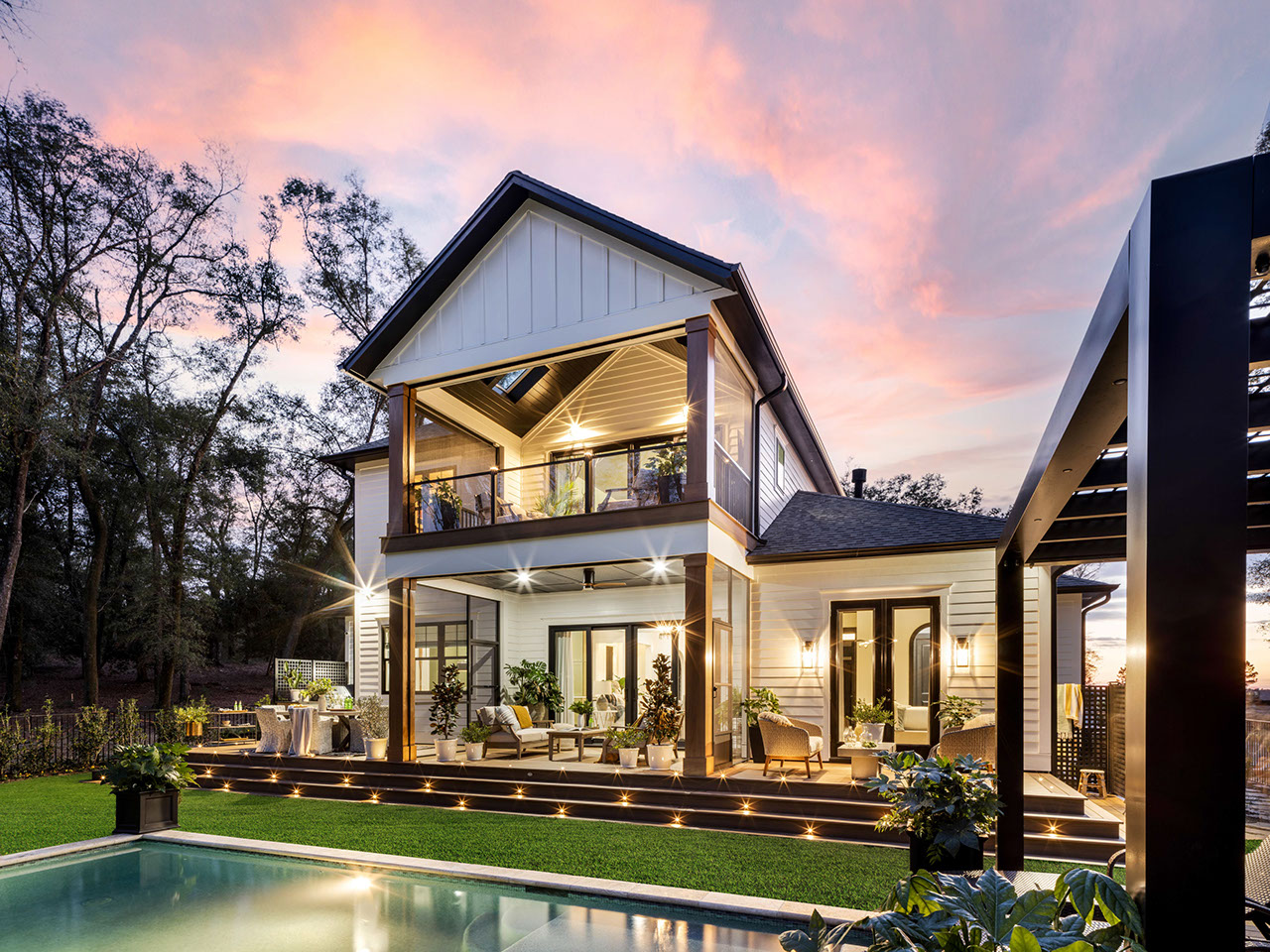
HGTV Smart Home 2022 in Wilmington, NC
Smart homes have emerged as a revolutionary concept in the realm of modern living. With the integration of advanced technologies, these homes offer a wide range of advantages that enhance convenience, efficiency, and security. However, like any other innovation, smart homes also come with their own set of disadvantages and concerns. In this article, we will delve into the various aspects of smart homes, exploring their advantages and disadvantages, and providing insights into this rapidly growing trend.
Advantages of Smart Homes:
- Enhanced Convenience: One of the primary advantages of smart homes is the convenience they offer. With the ability to control various aspects of the home through voice commands or mobile applications, homeowners can easily manage lighting, temperature, security systems, and even household appliances. This level of control simplifies daily tasks and saves time and effort.
- Energy Efficiency: Smart homes are designed to optimize energy consumption. Through the use of sensors, automated systems can adjust lighting and heating based on occupancy, resulting in significant energy savings. Additionally, smart appliances can be programmed to operate during off-peak hours, further reducing energy costs.
- Improved Security: Smart home security systems provide homeowners with peace of mind. With features such as surveillance cameras, motion sensors, and smart locks, individuals can monitor their homes remotely and receive real-time alerts in case of any suspicious activity. This heightened security can deter potential intruders and protect valuable assets.
- Remote Monitoring and Control: Another advantage of smart homes is the ability to monitor and control various aspects remotely. Whether it's checking security camera feeds, adjusting the thermostat, or even receiving notifications about water leaks, homeowners can stay connected to their homes from anywhere in the world, providing a sense of control and security.
Disadvantages and Concerns of Smart Homes:
- Privacy and Data Security: One of the major concerns surrounding smart homes is the potential compromise of privacy and data security. As smart devices collect and store personal information, there is a risk of unauthorized access or data breaches. It is crucial for homeowners to ensure robust security measures are in place to protect their privacy.
- Cost: The implementation of smart home technologies can be expensive. From purchasing smart devices to installing the necessary infrastructure, the initial investment can be significant. Additionally, regular maintenance and software updates may incur additional costs. However, it is important to consider the long-term savings in energy consumption and increased property value.
- Compatibility and Complexity: With a wide range of smart devices available in the market, compatibility issues can arise. Integrating different devices from various manufacturers may require additional effort and technical expertise. Moreover, the complexity of setting up and managing these devices can be overwhelming for some homeowners, requiring a learning curve.
- Reliability and Dependence on Technology: Smart homes heavily rely on technology, and any technical glitches or network outages can disrupt their functionality. In such cases, manual alternatives may need to be employed, which can be inconvenient. It is essential to have backup plans and ensure reliable internet connectivity to mitigate these risks.
Conclusion:
Smart homes offer numerous advantages that enhance convenience, energy efficiency, security, and remote control. However, it is important to consider the potential disadvantages and concerns associated with privacy, cost, compatibility, and reliance on technology. By understanding these aspects, homeowners can make informed decisions and implement appropriate measures to fully enjoy the benefits of smart home technology while addressing any potential drawbacks. Embracing smart home technology can transform living spaces, making them more efficient, secure, and connected.



